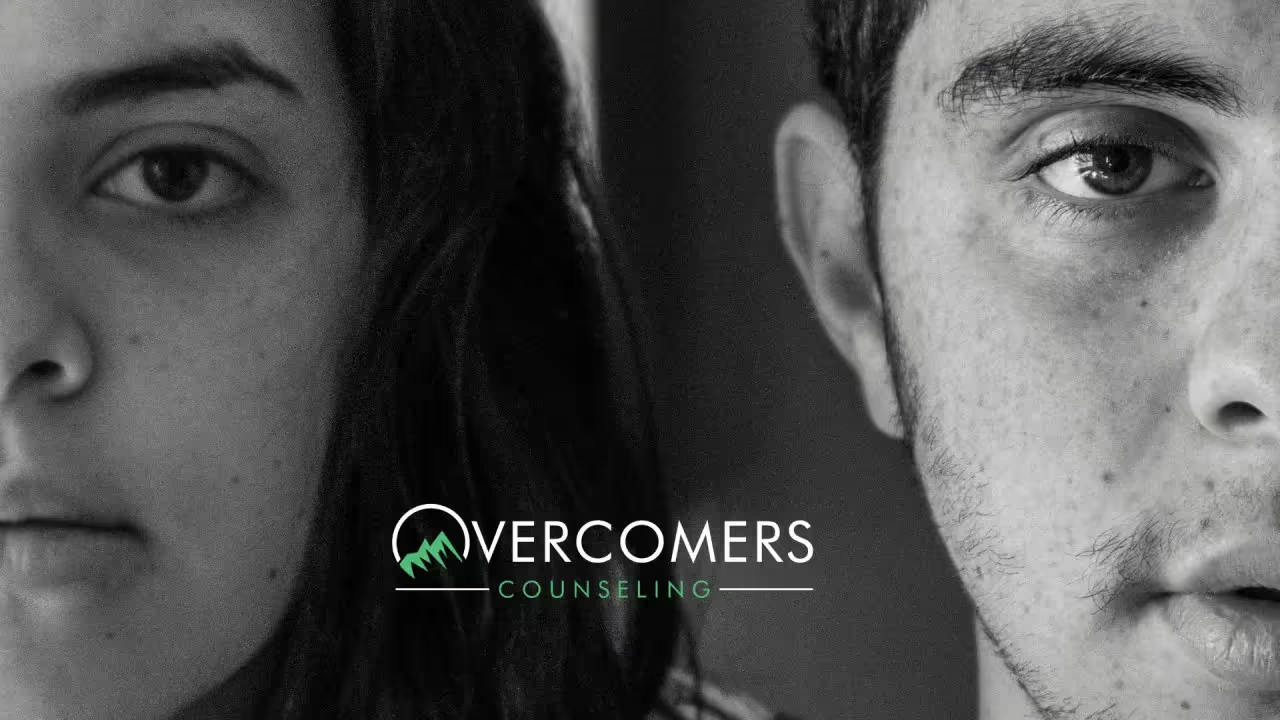Why do some people dive headlong into relationships while others back away, their hearts gripped by an unseen fear? The mystery of commitment issues is a...

Why do some people dive headlong into relationships while others back away, their hearts gripped by an unseen fear? The mystery of commitment issues is a complex one, rooted in a labyrinth of past experiences, emotional intricacies, and psychological underpinnings. In the dance of love and connection, these individuals are reluctant partners, often misunderstood and labeled as 'fickle' or 'afraid'. But what truly triggers this hesitance toward commitment?
As we explore the essence of this query, we will decode the elaborate network of influences that culminate in commitment issues, casting a spotlight on an issue that has far-reaching implications for relationships around the world.
Commitment issues, often referred to as fear of commitment, refer to a person's psychological reluctance to engage in a long-term relationship, a job, or even a regular hobby. This can be the result of various factors including past trauma, fear of rejection, or a desire for independence. Individuals with commitment issues may exhibit behaviors such as avoiding exclusive relationships, breaking off relationships during periods of increased intimacy, or expressing constant dissatisfaction with their partners. The effect of commitment issues on relationships can be significant and multifaceted.
For one, it can lead to a cycle of short-lived and unsatisfying relationships. This constant instability can cause emotional distress not only to the person with commitment issues, but also to their partners who may feel confused, rejected, or unloved. Commitment issues can create a barrier to deep connection and intimacy, preventing the relationship from reaching its full potential.
Commitment issues can be triggered by a variety of factors, often deeply rooted in an individual's past experiences or personal fears.
Past Trauma or Heartbreak
A person's past experiences can significantly influence their willingness to commit. If they have experienced trauma or severe heartbreak in the past, it may make them wary of undergoing similar pain in the future. This could involve abandonment, betrayal, or emotional abuse from previous relationships.
Fear of Rejection
The fear of being rejected or hurt can be a powerful deterrent to commitment. This fear can stem from past experiences or an individual's insecurities, leading them to avoid situations where they may feel vulnerable.
Independence and Autonomy
Some people value their independence and autonomy above all else, and the thought of losing it can trigger commitment issues. They may fear that entering into a committed relationship will limit their freedom or require them to compromise on their lifestyle.
Fear of Making the Wrong Choice
The fear of making a wrong decision and regretting it later can also lead to commitment issues. This fear can be particularly acute when it comes to choosing a long-term partner, as the stakes are high and the consequences can be long-lasting.
Uncertainty About the Future
Uncertainty about what the future holds can make it difficult for some individuals to commit. They may worry about unforeseen circumstances or changes that could impact their relationship. Understanding these common causes can provide valuable insight into commitment issues and offer a starting point for addressing them.

Self-reflection and Acknowledgment
The first step in addressing commitment issues is acknowledging their existence. This involves self-reflection and honesty about one's fears and anxieties. Journaling can be a helpful tool for this, allowing individuals to identify patterns and triggers related to their fear of commitment.
Setting Small Goals
Setting small, achievable goals can make the prospect of commitment less daunting. This could involve committing to smaller things in daily life, like sticking to a new workout routine or finishing a book.
Building Trust in Relationships
Building trust with others can help alleviate fears of commitment. This might involve taking things slowly and allowing relationships to develop naturally over time, rather than rushing into commitments.
Effective Communication
Open communication is key to overcoming commitment issues. Discussing one's fears and expectations with a partner can help build understanding and create a safe space where both parties feel heard and respected.
Seeking Professional Help
Lastly, professional therapy can be incredibly beneficial for those struggling with commitment issues.
Therapists can provide strategies and exercises tailored to the individual's needs, such as Cognitive Behavioral Therapy (CBT) or Acceptance and Commitment Therapy (ACT).
Cognitive Behavioral Therapy (CBT)
CBT, or Cognitive Behavioral Therapy, is a type of psychotherapy that enhances well-being by altering unhelpful emotions, behaviors and thought patterns. It's often used to treat a wide range of issues, including commitment issues, anxiety, depression, and PTSD.
Psychodynamic Therapy
This form of therapy emphasizes the influence of unconscious processes on an individual's current behavior. Psychodynamic therapy aims to illuminate the unconscious mind, assisting individuals in untangling, experiencing, and comprehending their genuine, deeply-seated emotions to resolve them.
Couples Therapy
Couples therapy can be particularly beneficial for individuals dealing with commitment issues. In this form of therapy, both partners attend sessions together to discuss their issues and find ways to improve their relationship.
Online Therapy Platforms
Online therapy platforms provide a convenient and flexible option for those seeking help. They offer various forms of therapy, including CBT and psychodynamic therapy, through virtual sessions.
Commitment issues can present a significant challenge in relationships, but it's important to remember they are not insurmountable. Acknowledging the problem, setting small goals, building trust, communicating effectively, and seeking professional help are all strategies that can lead to overcoming these issues. Various forms of therapy like Cognitive Behavioral Therapy (CBT), Psychodynamic Therapy, Couples Therapy, and Online Therapy Platforms can provide tailored support and guidance.
For those struggling with commitment issues, remember that progress may be slow, but every step forward counts. There are numerous resources available online and offline to aid in your journey towards healthier, more fulfilling relationships. Don't hesitate to reach out for help when needed – you're not alone in this journey.
During your first couples counseling session, your therapist will likely gather information about your relationship history, current challenges, and individual backgrounds. They may also ask about your goals for therapy and what you hope to achieve. This initial session serves as an opportunity for you and your partner to become comfortable with the therapist and begin building trust in the therapeutic process.
EFT couples therapy is beneficial for couples experiencing relationship distress, marital issues, or emotional disconnection. It is suitable for partners looking to improve their emotional intelligence and create a more secure attachment.
If your spouse is resistant to treatment, you might need to get help from a professional. An interventionist can work with you and your family to plan a confrontation that will encourage your spouse to seek help.
If you're struggling with abandonment issues, it may be helpful to seek professional support. Consider consulting a mental health professional if your feelings of fear or insecurity are impacting your relationships or daily functioning. No matter what, it's important to remember that seeking help is a sign of strength. Taking this step can be an important part of overcoming abandonment issues and improving overall well-being.
Interdependence involves a balanced give-and-take dynamic where both partners benefit and grow. In contrast, co-dependence features an imbalanced relationship dynamic, where one partner's needs and behaviors excessively dictate the other's actions, often leading to unhealthy dependency.
It may seem challenging to show appreciation when going through a rough patch, but it's important to make an effort. Start small by expressing appreciation for even small things, and be specific about what you appreciate. This can help to shift the focus from negative to positive.